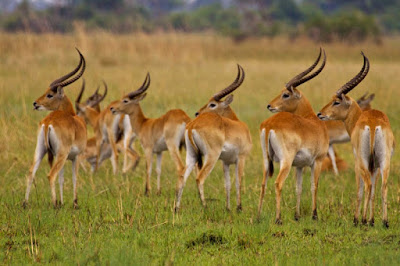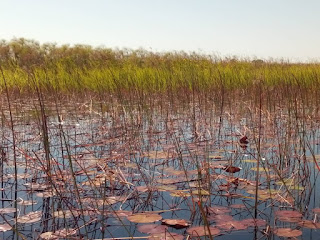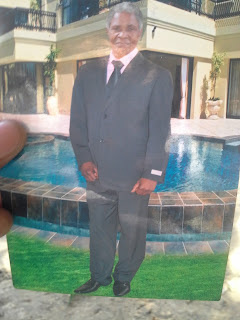"Ubufumu buucindika abeene," literally meaning, customary commoners, must honour their traditional leaders. So said our wise forefathers. Why is it important to do this? Because the traditional leaders are custodians of all that we are. They symbolize our culture; they mirror our tradition and are an insignia of what we call TRIBE (which means a group of persons having a common character, or interest.) They represent not only our history but are the emblem of our struggles, our triumphs, our evolution, our beliefs! And, most important, they hold in trust what belongs to us, our heritage, OUR LAND, AND ALL THAT IT HOLDS. As such, every tribesman must honour what we have. Yes, we honour and respect our chiefs, headmen, and Guardians' of Nature. Therefore we should not allow anyone or anything to erode this esteem? Is it possible for the state and privatizers to undermine their authority while we look helplessly on? Can we do something? Why should we bother to do so? What




